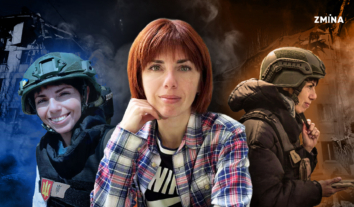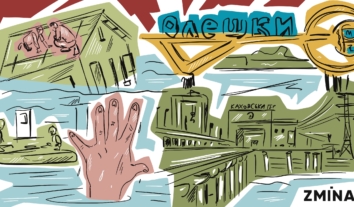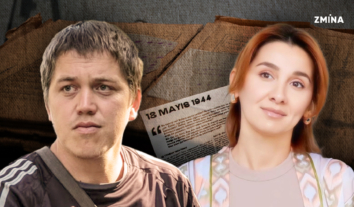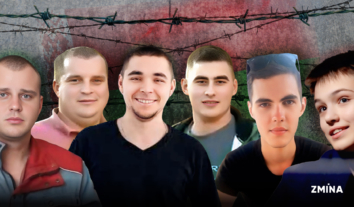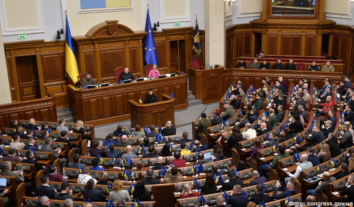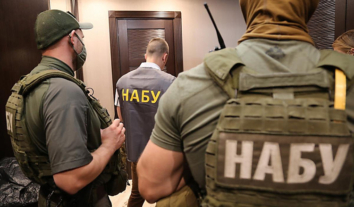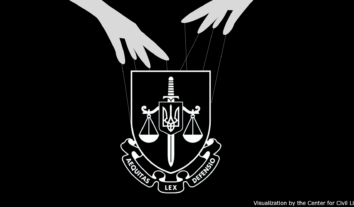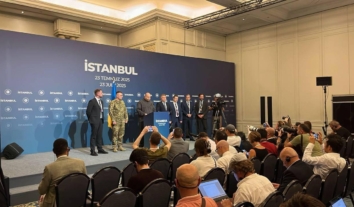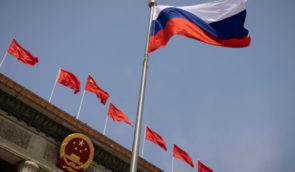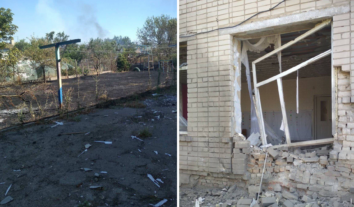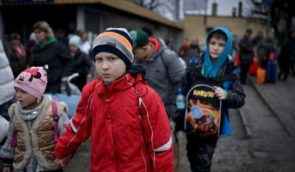“The first trial against the russian soldier” as an indicator of the state justice system of Ukraine
The Office of the Prosecutor General (OPG) is constantly updating the statistics of documented violations, as well as bringing charges to the Russian military and government authorities in absentia. However, it is the cases of detained prisoners of war (POW) that have the best prospects in the context of bringing the perpetrators to justice at the domesting level.
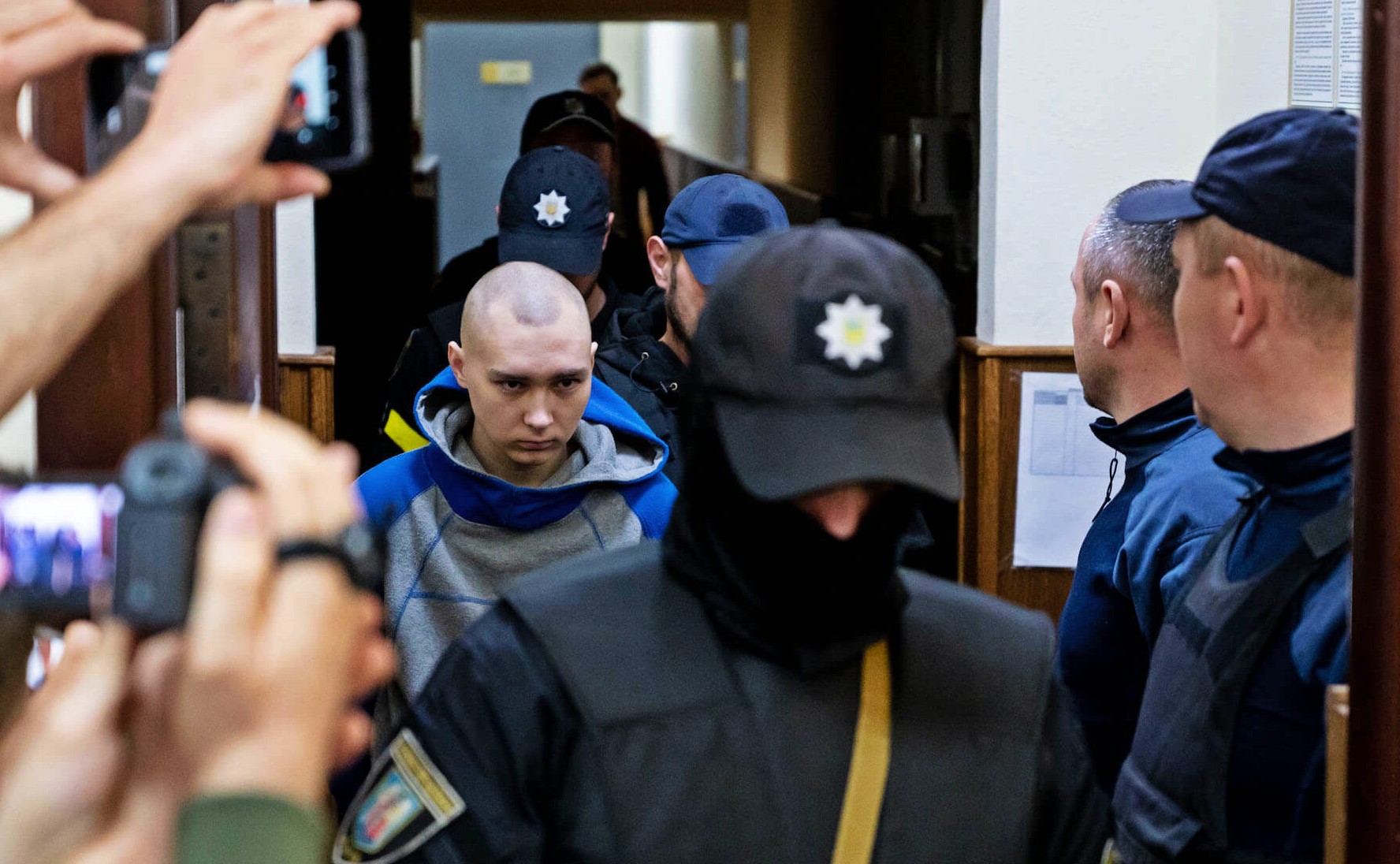
On May 23, 2022, Vadim Shishimarin, a Russian commander of the 4th Kantemirov Division of the Moscow Oblast, was sentenced to life imprisonment. He was found guilty of violating the laws and customs of war, combined with premeditated murder under p. 2 of article 438 of the Criminal Code of Ukraine.
Contrary to popular narrative, this is not the first trial of the Russian military for crimes committed in Ukraine. Since 2014, Ukrainian courts have already sentenced Russian servicemen for waging an aggressive war on the territory of Ukraine under article 437 of the Criminal Code of Ukraine. Domestic courts also tried alleged war crime perpetrators in absentia and one sentence was passed on the detained person. The uniqueness of this case is that for the first time the court investigates the fact of a war crime committed after February 24, 2022.
The accused has the status of a prisoner of war, which protects against prosecution in Ukraine, in accordance with the Geneva Convention relative to the Treatment of Prisoners of War. However, such protection does not apply to those accused of a commission of war crimes. That is why this trial became possible.
At first glance, this news is a triumph of justice. However, true justice is manifested not only in the sentence itself, but also in its lawfulness and compliance with the rule of law.
War crimes shall be dealt with in accordance with international humanitarian and criminal law (IHL and ICL). Article 438 of the Criminal Code refers to them in its core. Unfortunately, this trial has called into question the competence and capacity of the parties to the process to properly address violations of the laws and customs of war. There are several issues leading to such conclusion:
- The judiciary system lacks proper understanding of war crimes, and judges are still skeptical of IHL and ICL in their work. After 8 years of conflict, law enforcement, prosecutors and courts still need thorough and systematic training. Given the array of cases to be considered, it is necessary to train specialists as soon as possible. This, above all, depends on the will of the state and competent authorities. Today, there are plenty of opportunities and experts who are disposable to conduct such training, and civil society representatives have repeatedly initiated such processes.
- There is a specialized Department for Supervision of Crimes Committed in Armed Conflict within the OPG structure. Its representatives have relatively extensive experience in dealing with these types of crimes since 2015 at least. Therefore, it was particularly surprising to see that the trial prosecutors in the case of Shishimarin were not from that specialized Department.
- The issue of chain of command was largely overlooked during the hearings. Exploring the role of military commanders in war crimes is an integral part of such trials. Article 438 of the Criminal Code implies “giving an order” as a form of committing a crime as it is drafted broadly. However, although this issue was raised during the trial, it was also swiftly disregarded.
- The whole investigation process took about a month. This is an extremely high pace, which raises concerns over the quality level of evidence collected in such a short time span. State appointed defense decided to forego cross examination of the prosecution witnesses for the sake of expediting the trial. All this raises questions about the comprehensiveness of the trial, as well as whether the rights of the accused to a fair trial were ensured. In particular, when it comes to the justification of his pre-trial detention.
- The case lost several potential POW witnesses as they had been exchanged for Ukrainian servicemen before being questioned. This example shows how justice is codependent with other processes taking place during an armed conflict. This also means that authorities must factor this in when planning POW exchanges, determining the subjects of the prosecution, or dealing with other issues related to the armed conflict.
The number of cases against prisoners of war detained during this phase of the conflict will only increase over time. This is evidenced by indictments that are actively published on the official website of the Office of the Prosecutor General. However, the demand for rapid justice or other motives should not be met at the expense of the quality. Otherwise, we risk creating the illusion of justice, which will not result in restoring victims rights or bringing perpetrators to account.
Ukrainian Legal Advisory Group

